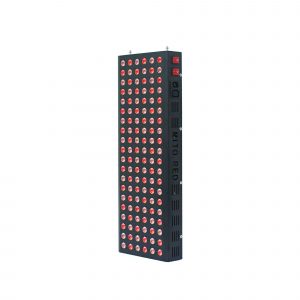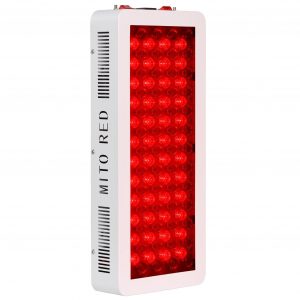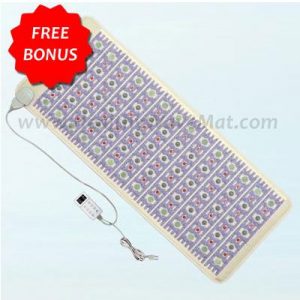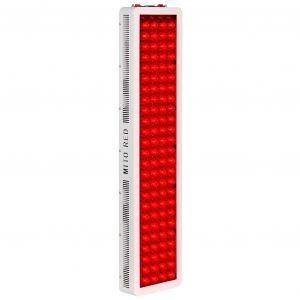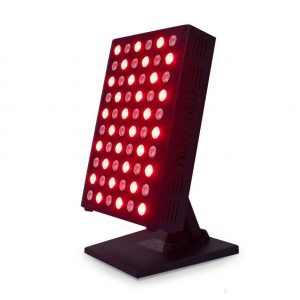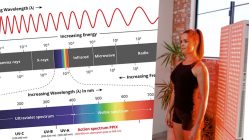Transcranial photobiomodulation (t-PBM) consists of the delivery of near-infrared (NIR) or red light to the scalp designed to penetrate to subjacent cortical areas of the brain. NIR t-PBM has recently emerged as a potential therapy for brain disorders. This study assessed the efficacy of repeated sessions of NIR t-PBM on sexual dysfunction.
Methods: We performed a secondary analysis of a double-blind clinical trial on t-PBM for major depressive disorder (MDD). Twenty individuals received NIR t-PBM (n = 9) or sham therapy (n = 11) twice a week for 8 weeks. Sexual desire, arousal, and orgasm were assessed using the Systematic Assessment for Treatment-Emergent Effects-Specific Inquiry (SAFTEE-SI).
Results: The mean improvement in sexual function (decrease in SAFTEE sex total score) in subjects receiving t-PBM in NIR-mode was significantly greater than in subjects receiving sham-mode in the whole sample (NIR [n = 9] -2.55 ± 1.88 vs. sham [n = 11] -0.45 ± 1.21; z = 2.548, P = 0.011]) and in the completers (NIR [n = 5] -3.4 ± 1.95 vs. sham [n = 7] -0.14 ± 1.21; z = 2.576, P = 0.010]).
Conclusion: This exploratory study with a small sample size indicates that repeated sessions of NIR t-PBM may be associated with therapeutic effects on sexual dysfunction.







